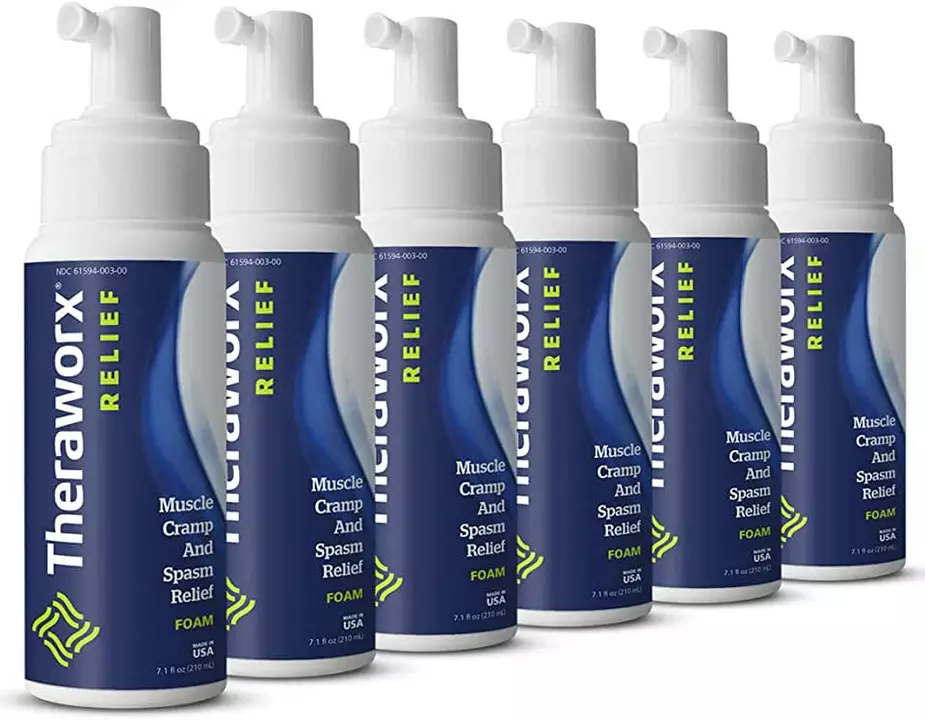Muscle cramps: quick fixes, causes, and how to stop them
Muscle cramps are those sudden, tight contractions that stop you in your tracks. They can come at night, during exercise, or after long sitting. Most cramps are harmless but painful — and many are avoidable.
What causes a cramp? The main culprits are dehydration, low electrolytes (like potassium, magnesium, or calcium), and muscle fatigue from overuse or holding a position too long. Certain medicines — diuretics, statins, and some asthma drugs — can raise your risk. Age matters: older adults and pregnant people get cramps more often. Medical conditions such as peripheral artery disease, nerve compression, and metabolic problems can also play a role.
Immediate relief works better than waiting. If your calf cramps, stand up and put weight on the foot, then slowly stretch the calf by flexing your foot toward your shin. For thigh cramps, gently pull the toes back toward the knee while lying on your back. Massage the tight muscle with firm strokes, and apply heat if it stays tight or cold if it’s sore and inflamed. Sip water or an oral rehydration drink with electrolytes — plain water helps, but electrolytes speed recovery if levels are low.
Simple prevention steps make a big difference. Drink regularly throughout the day, not just when you’re thirsty. Before exercise, warm up and include easy stretches for muscles you’ll use. After workouts, cool down and stretch again. If you stand for long periods, shift weight frequently and take short walks. Try gentle calf and hamstring stretches before bed if you get nighttime cramps.
Supplements can help when diet isn’t enough. Many people find magnesium reduces night cramps; typical doses range from 200–400 mg, but check with a clinician first. Potassium-rich foods — bananas, potatoes, beans — support muscle function, as does keeping calcium intake steady. Avoid sudden spikes in caffeine and alcohol, which can dehydrate you and trigger cramps.
When to call a doctor? See a healthcare professional if cramps are very frequent, severe, last unusually long, or come with muscle weakness, numbness, swelling, or skin changes. Also seek help if cramps start after a new medication. Your doctor may check blood tests, review medicines, or refer you for nerve or vascular tests. For persistent, disruptive cramps there are prescription options, including muscle relaxants or specific treatments that a doctor can discuss.
Practical nightly routine: hydrate in the evening, do a five-minute leg stretch before bed, and keep a small bottle of electrolyte drink by the nightstand if you wake with cramps. Track what works for you — note activity, food, and meds — so you can spot patterns.
Cramps are annoying, but most can be fixed with smarter hydration, better stretching, and small diet changes. If simple fixes don't help, your doctor can run checks and suggest safe treatments.
Tip: wear supportive shoes for long walks, avoid very tight bedding that bends ankles, and reduce late-night alcohol. Keep a small towel for quick calf stretches, and talk to your pharmacist if you consider daily supplements or medication changes.

Aspirin and muscle cramps: Can it help relieve this common discomfort?
Apr 27, 2023, Posted by Mike Clayton
I recently came across an interesting topic about aspirin and muscle cramps. It got me thinking, can aspirin actually help relieve this common discomfort? From what I've learned, it seems that aspirin may provide some relief due to its anti-inflammatory and pain-relieving properties. However, it's essential to consult a doctor before using aspirin for muscle cramps, as other factors might contribute to the problem. Overall, aspirin might be a helpful solution, but it's crucial to understand the underlying cause of muscle cramps and seek professional advice.
MORESEARCH HERE
Categories
TAGS
- treatment
- online pharmacy
- dietary supplement
- side effects
- generic drugs
- medication adherence
- medication safety
- health
- dietary supplements
- health benefits
- online pharmacy Australia
- generic substitution
- adverse drug reactions
- thyroid disorders
- gabapentin
- treatment option
- calcipotriol
- blood pressure
- erectile dysfunction
- closer look
